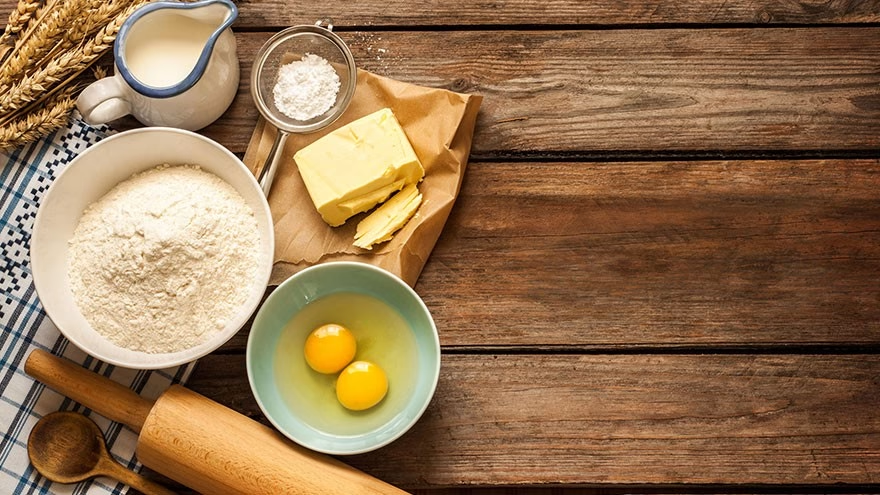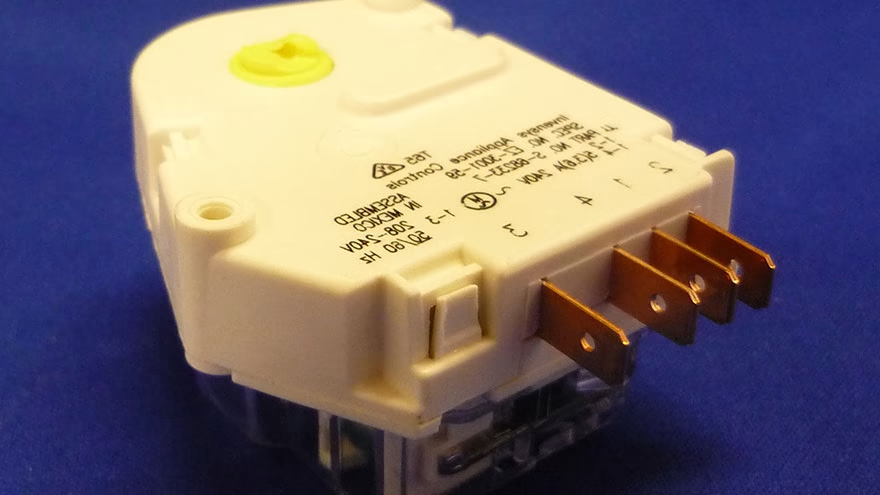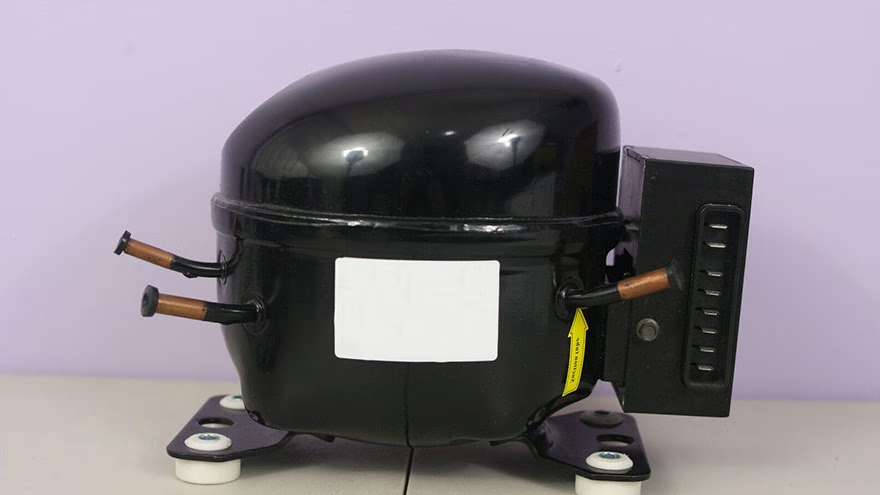Find out, as I examine some of cooking’s most prevalent urban legends.
Searing Meat Helps Keep İt Juicy
You’ll often hear that searing meat seals in juices, but studies prove otherwise. In one experiment mentioned in Harold McGee’s "On Food and Cooking," identical meats were both seared and left un-seared, then weighed. If searing held in moisture, the seared meat should have weighed more – but it didn’t.However, searing is a great choice for meat that will be roasted, grilled, or stewed because proteins and natural sugars in the meat react chemically when brought to the high heat of searing. This chemical reaction creates better flavor.
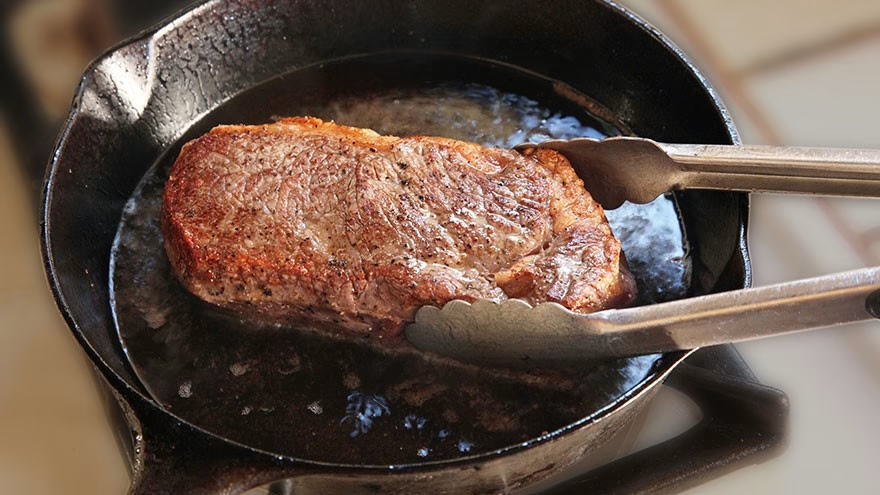
In Dishes Cooked With Alcohol, The Finished Dish Contains No Alcohol
Unfortunately for teetotalers, this is also a myth. Even when alcohol is added early in the cooking workflow, some alcohol is left behind in the finished meal.For example, alcohol added to a dish that’s baked or simmered for 2 ½ hours still contains about 5 percent of the alcohol when served. If it’s baked for just 25 minutes, it retains 45 percent of the alcohol.
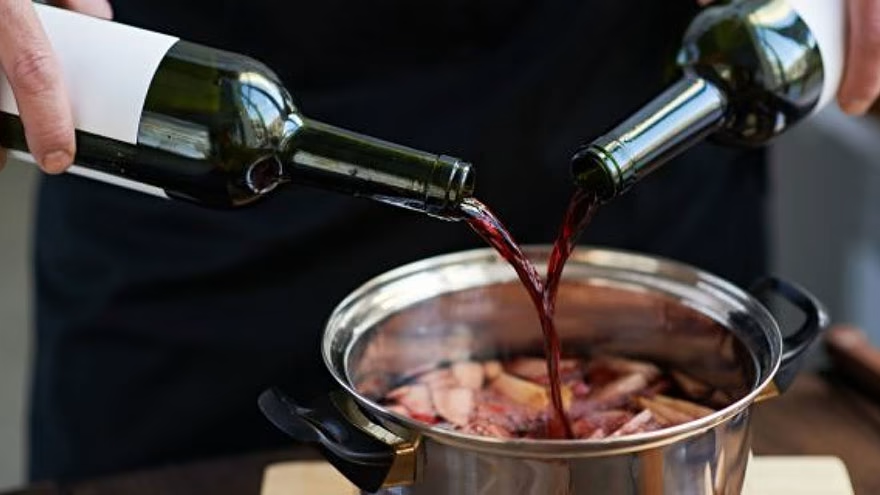
Gas Stovetops Are Better Than Electric Stovetops
You may notice professional chefs nearly always have gas ranges. This leads many people to believe gas is better for cooking. In truth, however, whether you use gas or electric is really just a matter of preference.Gas ranges are widely considered better at responding quickly to controls, for wok use, and for pans that don’t have perfectly flat bottoms. Electric ranges, however, are widely considered better for using heat efficiently, simmering, coming to a boil more quickly – and generally being easier to clean.
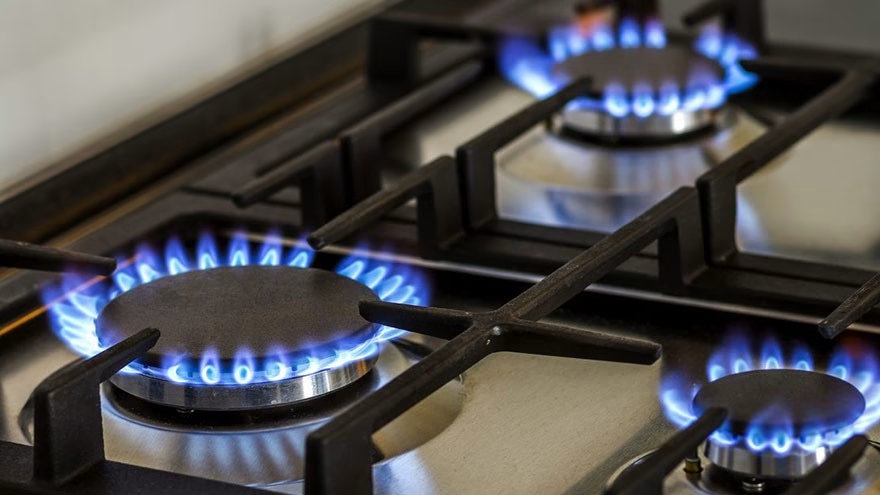
Adding a potato to overly salty soup or stew absorbs the excess salt.
Potatoes aren’t really that absorbent, so this trick won’t work. But adding a little sugar or vinegar can make the soup or stew taste less salty.
Cold Water Boils Faster Than Hot Water
Although this belief seems to defy common sense, many cooks abide by it. What is true, however, is that cold water heats faster than warm water.For example, a pot of water that’s 30 degrees reaches 50 degrees faster than a pot of water that’s 60 degrees reaches a 80 degrees. Nonetheless, cold water always takes longer to boil, according to Scientific American.
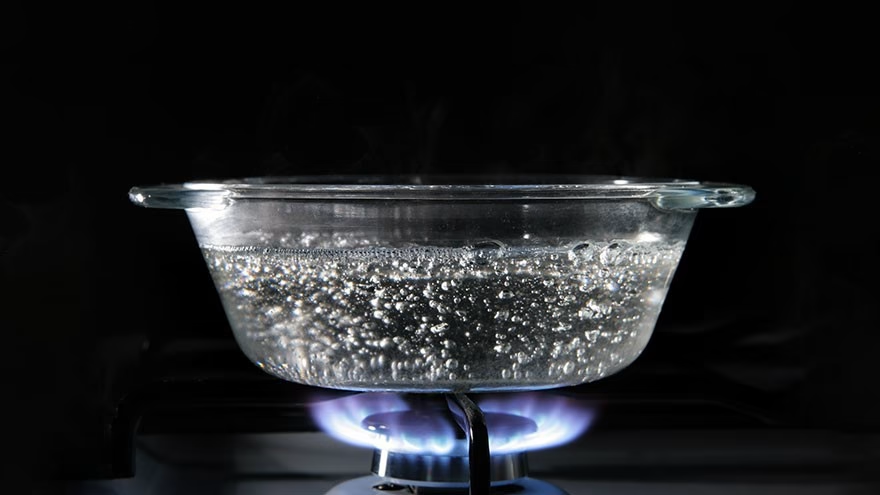
Check out the video version of this article on YouTube
httpv://www.youtube.com/watch?v=cBGE5pmpC9I
Save for later
Found this helpful?
Pin this article to your Pinterest board and come back to it whenever you need a reminder.
Save to Pinterest